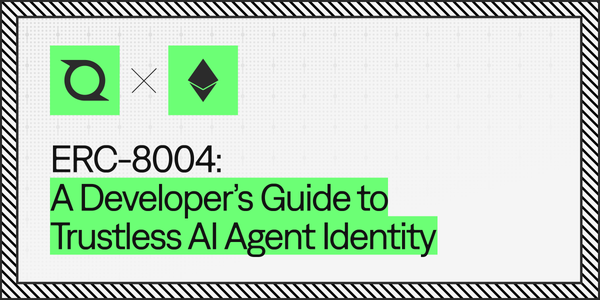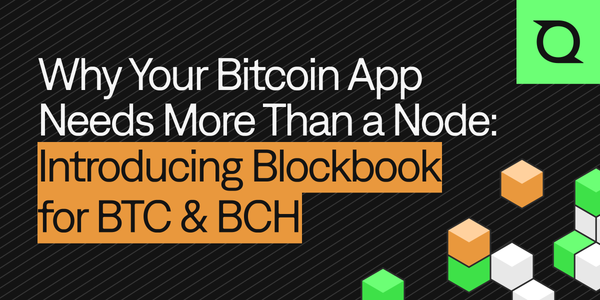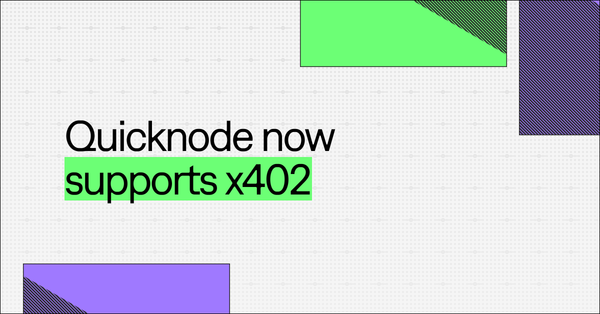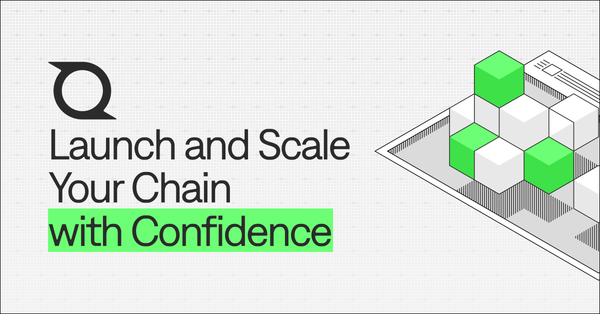Launch an Ethereum Archive Node now on QuickNode!
The Parity Ethereum Archive Node is the newest addition to QuikNode’s services, adding to the existing lineup of ETH MainNet, Ropsten, and Rinkeby TestNets, and ETC MainNet and Morden TestNet full nodes.
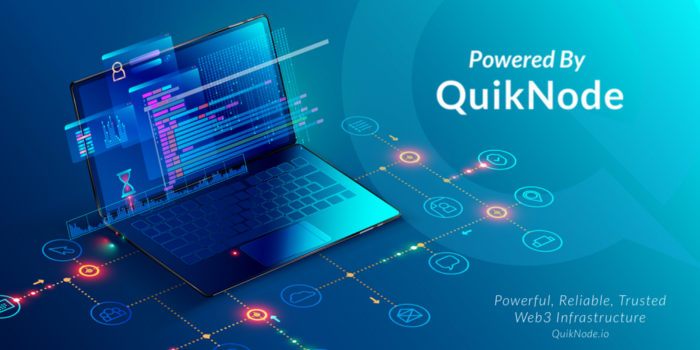
The Parity Ethereum Archive Node is the newest addition to QuickNode’s services, adding to the existing lineup of ETH MainNet, Ropsten, Kovan and Rinkeby TestNets, and ETC MainNet and Morden TestNet full nodes.
What is an Archive node exactly?
An Archive node contains all state trie data (all the transaction records that have ever happened) and is generally deployed by advanced users & businesses who need the full blockchain data to play around with — fast.
This means you can see what every public key balance and smart contract state looked like at any specific point (or more accurately “block”) in time. Are you curious about what all accounts looked like on block 4199900? An archival node will have the entire global state saved at that time.- Julian Martinez, Coinmonks
A QuickNode ETH Archive Node also has the Parity `trace` module, with complete trace data — for replaying any transaction (for deeper insights).
What’s the big deal?
Time. It’s known that Ethereum nodes can take a while to sync, and require attention to stay in a healthy state. Archive nodes can take weeks or even months & several attempts — then after they’re synced, can be a handful to maintain. QuickNode shortens this to hours, which helps applications test features quicker, get to the MainNet sooner, and scale rapidly & on-demand.
Does an Archive node differ from what QuickNode already offered?
Since inception (and by default) QuickNode provided Full nodes — which operate with some level of pruning.
Full nodes are the most common types of nodes and are suitable for most users in both development and production environments (for things like watching events, tx pool/queue analysis, submitting new transactions, calling recent block info, etc…).
They also help strengthen the Ethereum network by performing duties such as helping validate transactions and feeding blockchain data to other nodes/peers and light clients.
A full node contains information about the most recent 2,000,000 blocks (approximately). If, for example, a developer makes a call for information from a block that the node does not have (been pruned), it’ll return an error.
Archive nodes are the solution to this, albeit at an increased cost, and allow full freedom to navigate all the data of the blockchain quickly.
What’s the cost difference between Full vs. Archive?
At the moment, a Full ETH MainNet node costs around $159 per month. An Archive node is around 7x that. This is due to the significant amount of additional resources (most notably fast SSD disk-space) required to operate and maintain the Archive node in a healthy and high-performance state.
I’m new. Who’s QuickNode?
QuickNode is a small team of blockchain enthusiasts, leveraging their 40+ years combined experience building & managing data-centers, high-speed networks, and distributed systems.
The aim at QuickNode is to help blockchain ecosystems scale, by providing accessible core infrastructure.
By tending to the setup, security, and management of nodes, QuickNode makes the infrastructure layer transparent — thus freeing developers from tasks of node maintenance, giving more freedom to create and ship amazing dApps!
Our services have helped accelerate development for projects like Elixir, enhance operations for Hydrogen, and provide reliable Web3 infrastructure for HelloGold, DAOStack, SmartTaylor, EnclavesDEX, EAL and many more.
More tools; more power to the developers; more usable dApps = faster blockchain technology adoption. Together we will #BUIDL the future!
Since launching in summer of 2017, we are constantly improving the platform, adding features, and seeking feedback on new blockchains to support. If you have a question or suggestion, hit us up in Slack!
Need help with your project or have questions? Contact us via this form, on Twitter @QuickNode, or ping us on Discord!
About QuickNode
QuickNode is building infrastructure to support the future of Web3. Since 2017, we’ve worked with hundreds of developers and companies, helping scale dApps and providing high-performance access to 16+ blockchains. Subscribe to our newsletter for more content like this and stay in the loop with what’s happening in Web3! 😃


